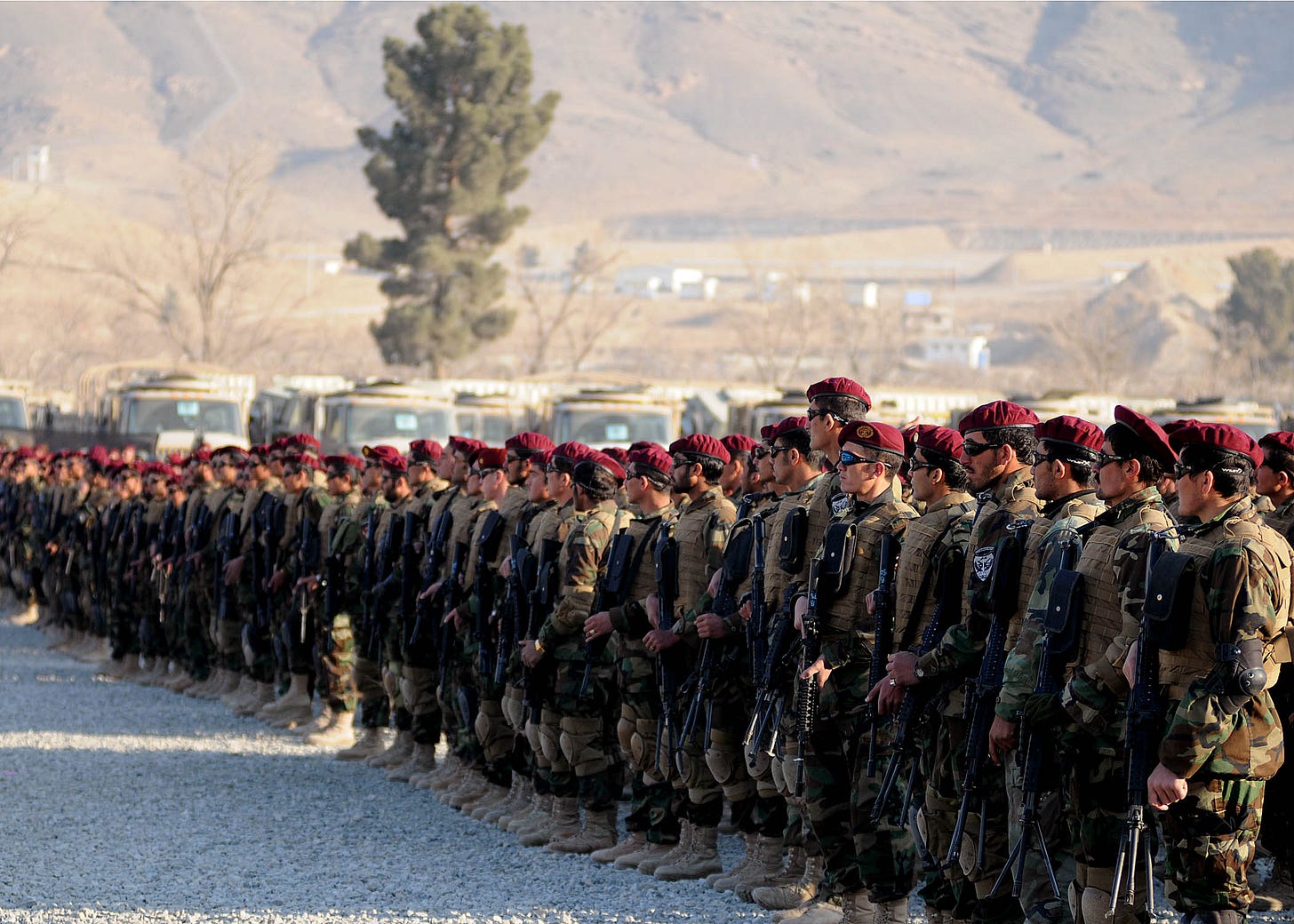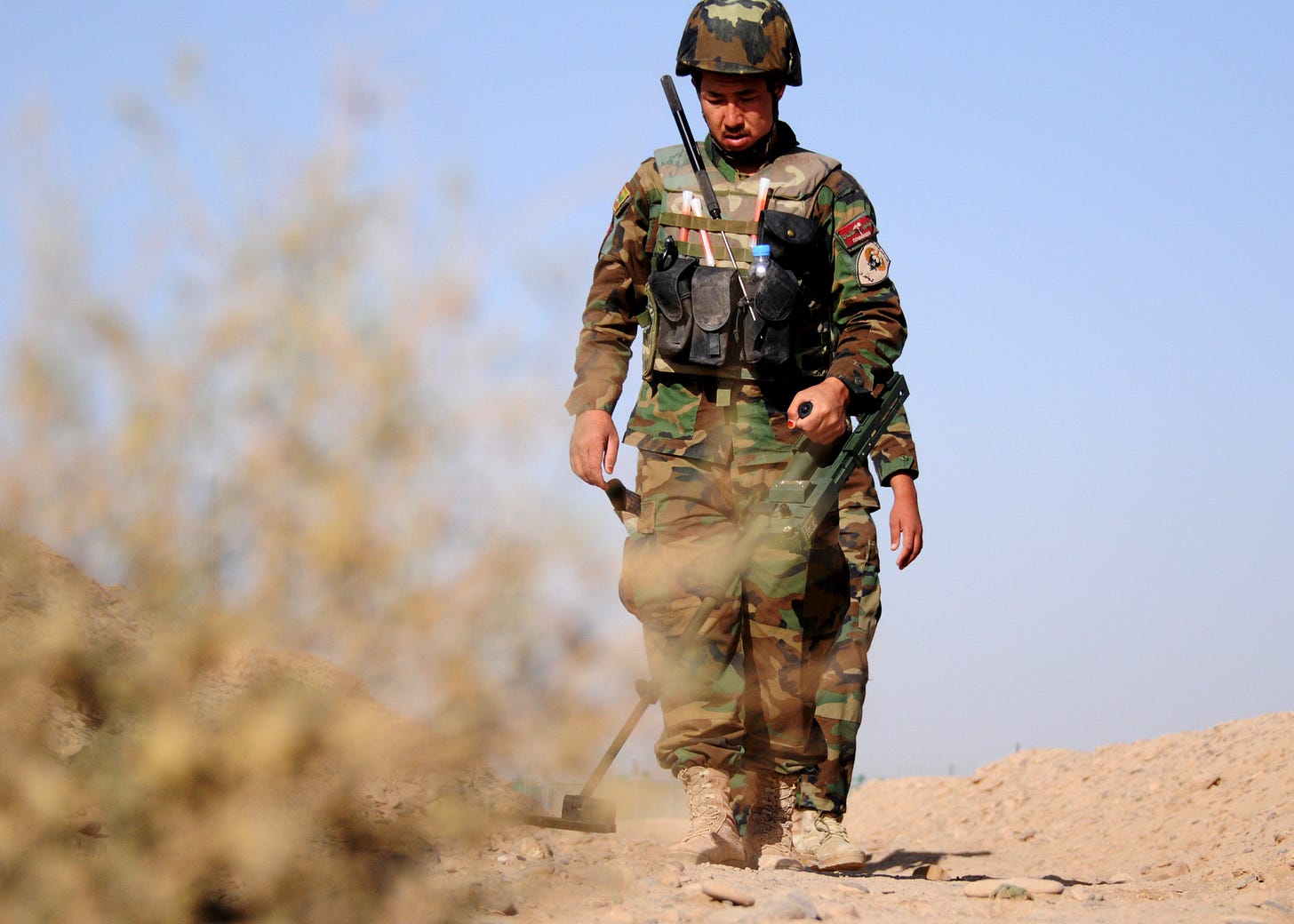
My comrades and I carry the heaviest memories of our war against the Taliban
memories so painful that forgetting them feels impossible. When Afghanistan still stood, our special unit of over 555 soldiers was regularly divided into smaller teams and deployed to the frontlines alongside army commandos to resist Taliban terrorists. Every mission felt like a final farewell. We hugged each other goodbye, knowing we might never meet again. In war, hope is a luxury. Duty is all that remains.
The roads leading to remote and vulnerable regions were carpeted with anti-tank and anti-personnel mines planted by the Taliban. Our engineering teams defused many, but where the enemy had placed both explosives and ambushes, we suffered devastating losses. The Taliban would open fire on our convoys from mountain ridges, valleys, and dense forests. Our tanks burned in flames, trapped in rainstorms of bullets and blasts. I can still hear the echoes of explosions in those mountains and the silence left behind by friends who never returned.
A journey that should have taken four hours often stretched into two sleepless nights due to mines and ambushes. In one mission, we were deployed to rescue a police unit trapped in a vulnerable district of Herat. After ten days of intense fighting, we managed to extract the wounded and the dead. But when I returned to base, I learned that many of my closest brothers had been killed. Something inside me shattered.

Months passed. The war intensified. None of us were allowed to go home. We had no support. American B-52 bombers flew overhead but never dropped a single bomb. We received no food aid and no medical support. Some of my fellow commanders bled to death on the battlefield, waiting for helicopters that never came. Days and weeks later, the Red Cross would recover their remains
bodies left in ambush zones so long they were unrecognizable.
Then came the day of collapse, betrayal, and surrender. Kabul fell on August 15, 2021. The capital was handed over without meaningful resistance. Those who had fought in dust and blood for years could only watch in disbelief. Civilians, shopkeepers, and businessmen sold their cars to reach the airport. But we, the former soldiers, had no vehicles, money, or safe passage.
After the cities fell to Taliban terrorists, I sold my phone just to pay for a ride to Kabul. But the next day, the news broke: a deadly suicide bombing at the airport killed 182 people, including 13 U.S. service members. My legs gave out. I had no strength left. No hope.
Even after America’s withdrawal and the fall of the Republic, I watched others—those who never wore a uniform, who never spent a single day in the army or special forces—receive SIVs and board flights to the United States. Others received humanitarian visas from European countries. Many of them were never at risk.
Meanwhile, the real fighters live in fear, forgotten and abandoned. After the Taliban takeover, many of my friends were identified, hunted, and silently executed.
We gave everything: our youth, our blood, our brothers. And now, we are the forgotten heroes of a war no one wants to remember.



Thank you. It's so easy for us to forget.
Deportation is the American version of the oubliette so beloved in medieval times.